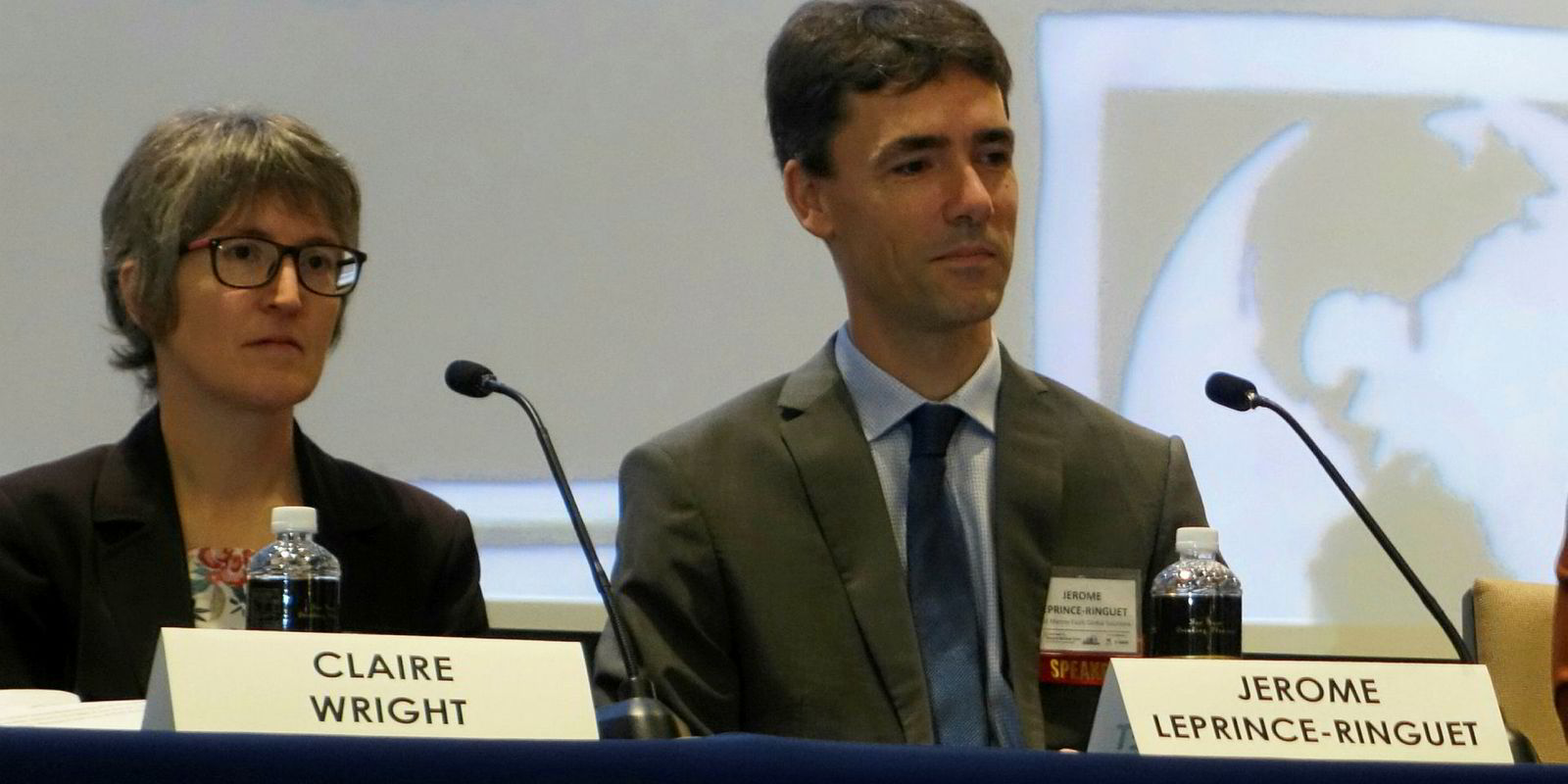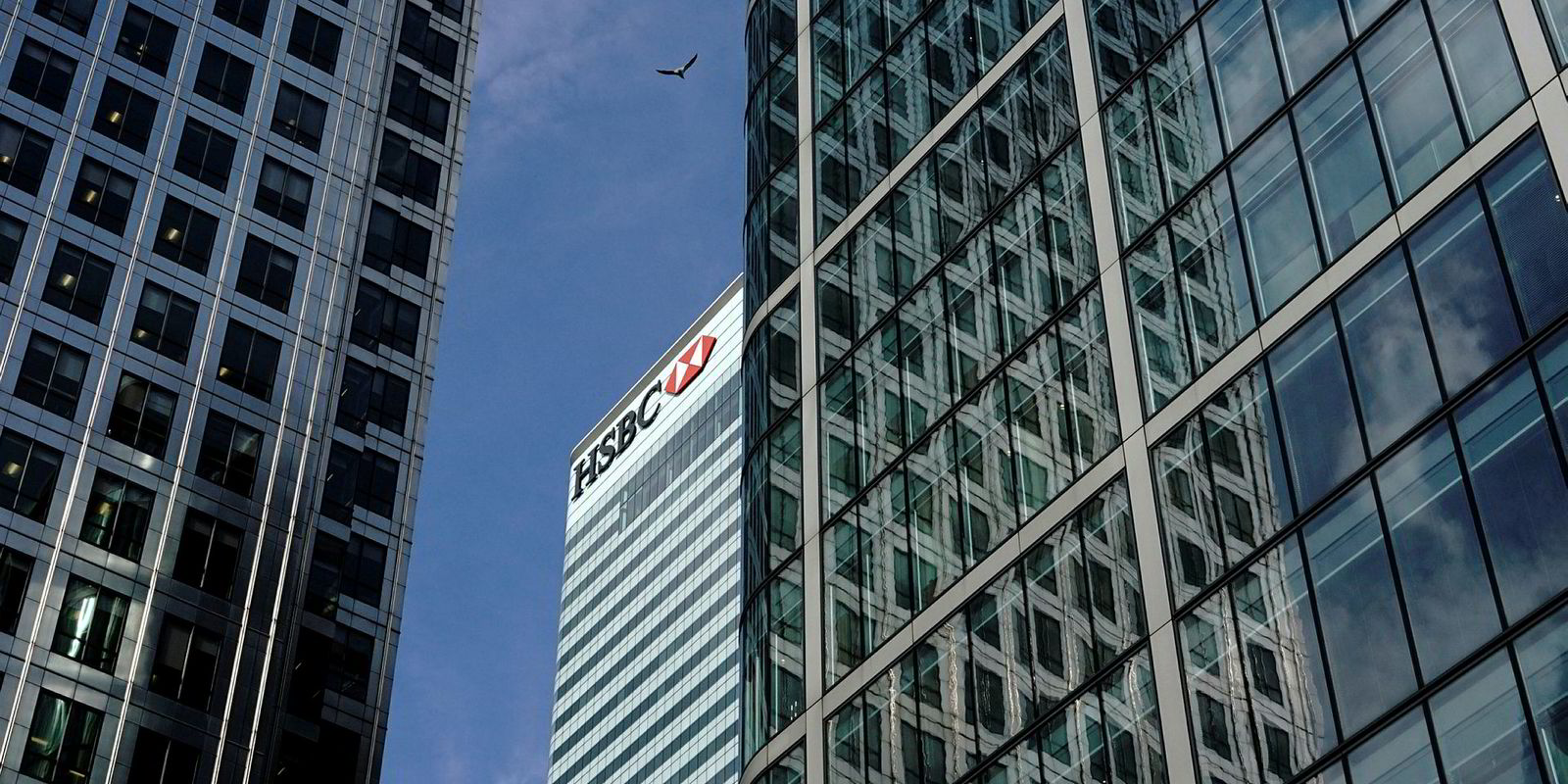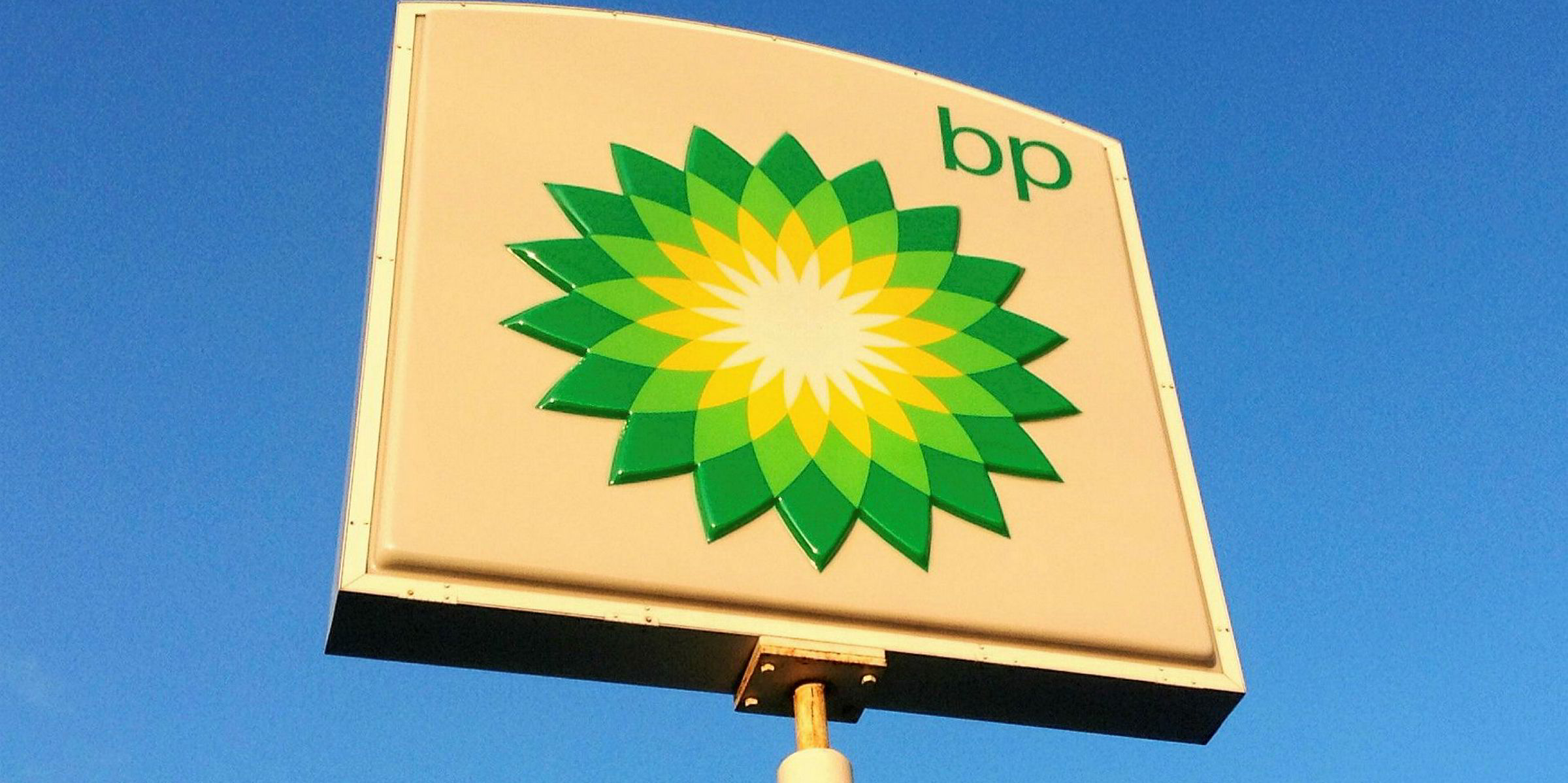Oil majors Shell and Total say they have been working hard to come up with a smorgasbord of IMO 2020-compliant low sulphur fuels so that owners who have elected not to fit scrubbers on their ships will not be left with empty fuel tanks at the beginning of next year.
Representatives of both companies, who took part in the Capital Link Singapore Maritime Forum today, said they were living up to their responsibilities as suppliers to provide solutions to the shipping industry.
“The refining industry has been adapting to the challenge,” said Total Marine Fuels Global Solutions managing director Jerome Leprince-Ringuet.
Total, he said, has spent the past three years working on product development.
“We have tried a lot of blends and recipes to ensure we have the capacity to produce and address quality concerns.”
Claire Wright, business economics manager of Shell International Trading and Shipping Company, said that her employer had also been developing a new range of IMO 2020-compliant fuels.
“Shell has been talking to customers to make sure that both they and we are ready,” she said.
While both companies went to great lengths to assure the industry that there will be low sulphur fuel available, they also stressed that high sulphur fuel would also remain available for scrubber-fitted vessels.
“Scrubber-fitted vessels will account for up to 20% of the global shipping market so we can’t ignore high sulphur fuel,” said Leprince-Ringuet.
Neither Wright nor Leprince-Ringuet gave any indication of what the price differential between compliant and non-compliant fuel would be.
They did stress that shipowners planning to use compliant fuel had better begin their preparations now.
“Now is the time to prepare. It is not just a problem for the producers. The logistics for the transition is a long term thing. It cannot just happen overnight,” said Leprince-Ringuet.
Strong push for LNG bunkering
Wright and Leprince-Ringuet also warned that while low sulphur fuel would address the IMO 2020 sulphur cap, it may not meet future environmental regulations. The suggested that LNG fuel would be the best was forward to meet the industry’s requirements as it transitioned to becoming greener.
“The IMO will be moving on to carbon emissions next,” said Wright.
“In 2023 the IMO will publish its carbon roadmap. The only fuel we have to meet this right now is LNG.
Leprince-Ringuet also went out to bat for LNG.
“LNG, as an alternative energy, is ready and available almost anywhere in the world. It is today the best option for an alternative to heavy fuels,” he said.
Both noted that other alternatives such as methanol or hydrogen still require significant research and development to determine whether it would be safe and economically viable.






